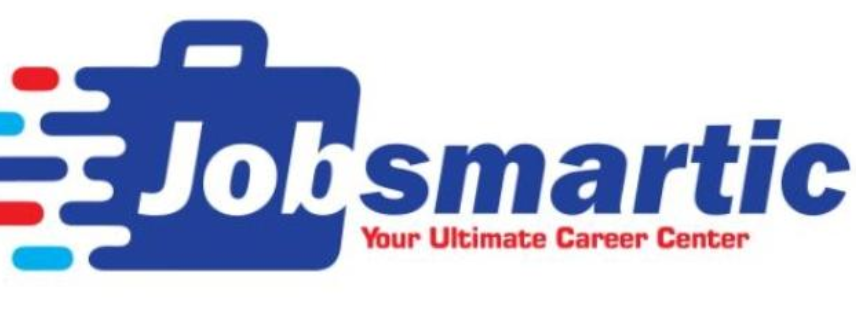Throughout my career in academia and leadership, I’ve observed a recurring, often painful, lesson that many professionals learn too late: your boss is not your friend.
This isn’t a cynical statement. It is a foundational principle of professional maturity. And understanding it is liberating.
The modern workplace often encourages a culture of camaraderie. We are told to “be a family” and to bring our “whole selves” to work. While fostering a positive and collaborative environment is valuable, it is crucial to recognize the inherent structure of the workplace. It is an ecosystem built on roles, responsibilities, and results—not on personal attachments.
The Risk of Blurred Lines
Developing a cordial, respectful, and effective working relationship with your supervisor is a hallmark of a great employee. However, consciously or not, blurring the lines between professionalism and friendship can lead to significant pitfalls:
-
Misplaced Expectations: You might expect personal loyalty or leniency where none can be professionally afforded.
-
Emotional Strain: Perceived slights or tough business decisions can feel like personal betrayals, leading to unnecessary hurt and resentment.
-
Compromised Objectivity: A manager may struggle to provide constructive criticism or make difficult decisions about a subordinate they consider a friend, ultimately hindering your growth and team performance.
Your Real Currency: Excellence and Integrity
So, if friendship isn’t the goal, what is? The answer is simpler and more empowering: your work.
Shift your focus from seeking validation or special treatment to delivering undeniable value. What truly matters is:
-
Excellence: Consistently producing high-quality work.
-
Reliability: Being someone your boss and team can count on.
-
Integrity: Upholding your ethical standards in all interactions.
-
Effective Communication: Communicating clearly, proactively, and professionally.
When you make your performance the cornerstone of the relationship, it speaks for itself. You build a reputation based on competence and trust, which is far more durable and respected than one based on personal affinity.
Embrace the Balance for Long-Term Success
The most sustainable path forward is one of quiet discipline and clear boundaries. Do your work to the best of your ability, commit to continuous learning, grow your professional network respectfully, and, at the end of the day, go home with your peace of mind intact.
Protecting your personal time and mental space is not a sign of disengagement; it is a critical component of avoiding burnout and maintaining long-term productivity and satisfaction.
Professional maturity is knowing how to collaborate effectively, build rapport, and work well with people—without confusing work relationships for personal friendships. It is the understanding that you can be friendly, supportive, and kind without requiring a deeper, personal bond with your supervisor.
Sometimes, that very discipline—not the pursuit of proximity to power—is what propels your career forward furthest. Do your work, maintain your boundaries, and trust that your professionalism will be the most powerful asset in your career arsenal.

